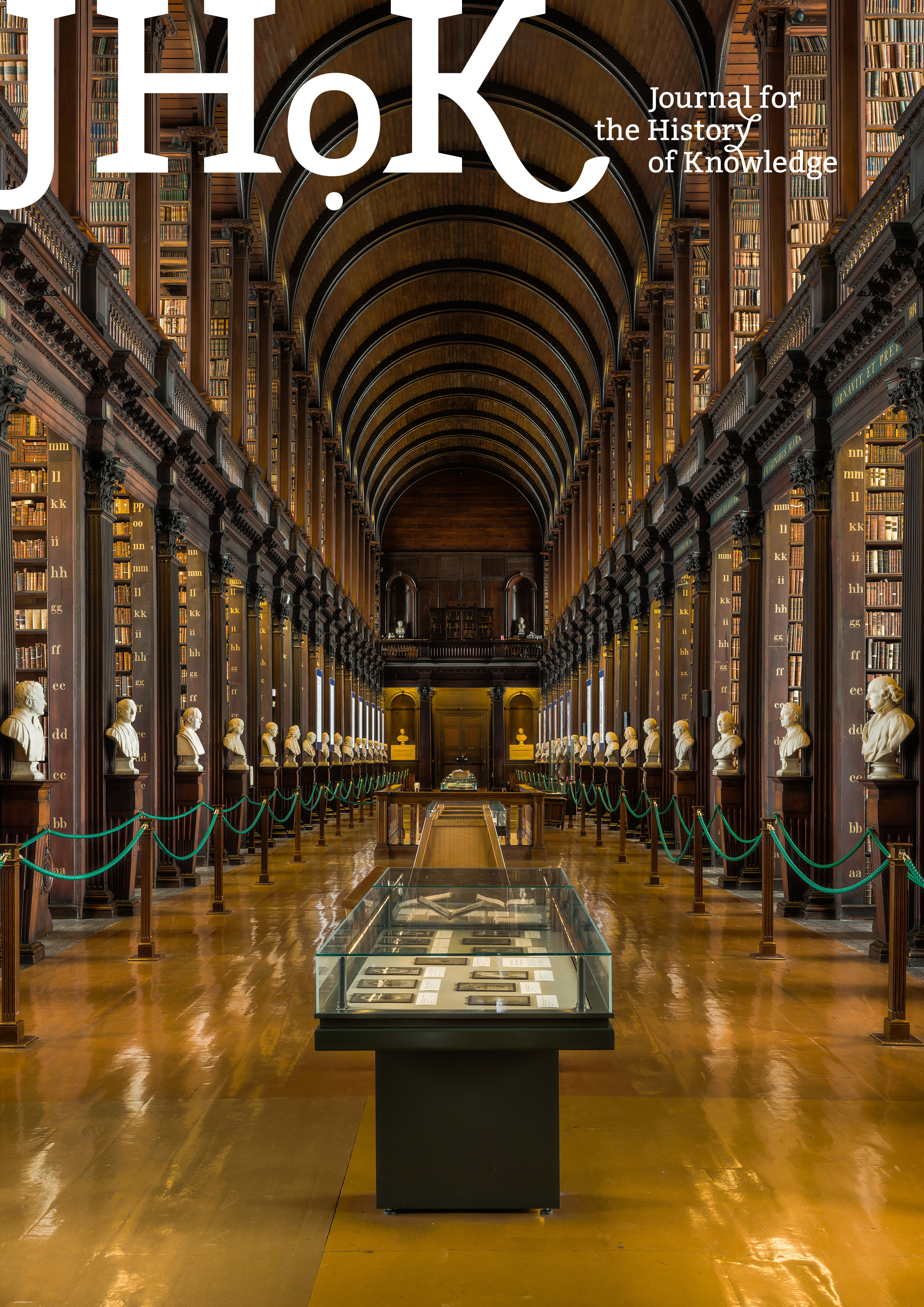“Authentic provenance”
Locality and Colonial Collecting for the Lisbon Zoological Museum, 1860s-1880s
DOI:
https://doi.org/10.55283/jhk.11951Keywords:
Nineteenth Century, Colonial Provenance , Field Collecting, Zoological Collections, Museu Nacional de LisboaAbstract
Nineteenth-century zoological collections consisted of large series of animals, which had been trapped, uprooted, hunted, killed, put into containers, dried, and preserved. From distant far-flung outposts overseas, colonial collections were shipped to central metropolitan institutions where they were claimed as a crucial part of the understanding of global biodiversity. Knowledge about nature was reliant on such scientific specimens and, therefore, dependent on fieldwork, which comprised much more than the act itself of sampling nature. Collecting from the field is a matter of access to places, materials, tools, and people with the know-how to find, capture, and interpret nature and, often, to prepare animals as specimens. Although different layers of labor, expertise, and knowledge lie behind zoological collections, much of it was produced and negotiated outside museums’ walls.
Using the historical documentation of zoological collections in the Museu Nacional de Lisboa in the second half of the nineteenth century as a case study, this paper highlights the role of colonial suppliers as mediators for the museum’s agenda while adjusting to local circumstances and maintaining their own personal goals. Studies of historical provenance have clarified not only how zoological specimens were gathered and collated but also how their geographical origin was used as a mechanism of centralization of authority.
Downloads
Downloads
Published
Issue
Section
License
Copyright (c) 2022 Catarina Madruga

This work is licensed under a Creative Commons Attribution 4.0 International License.


